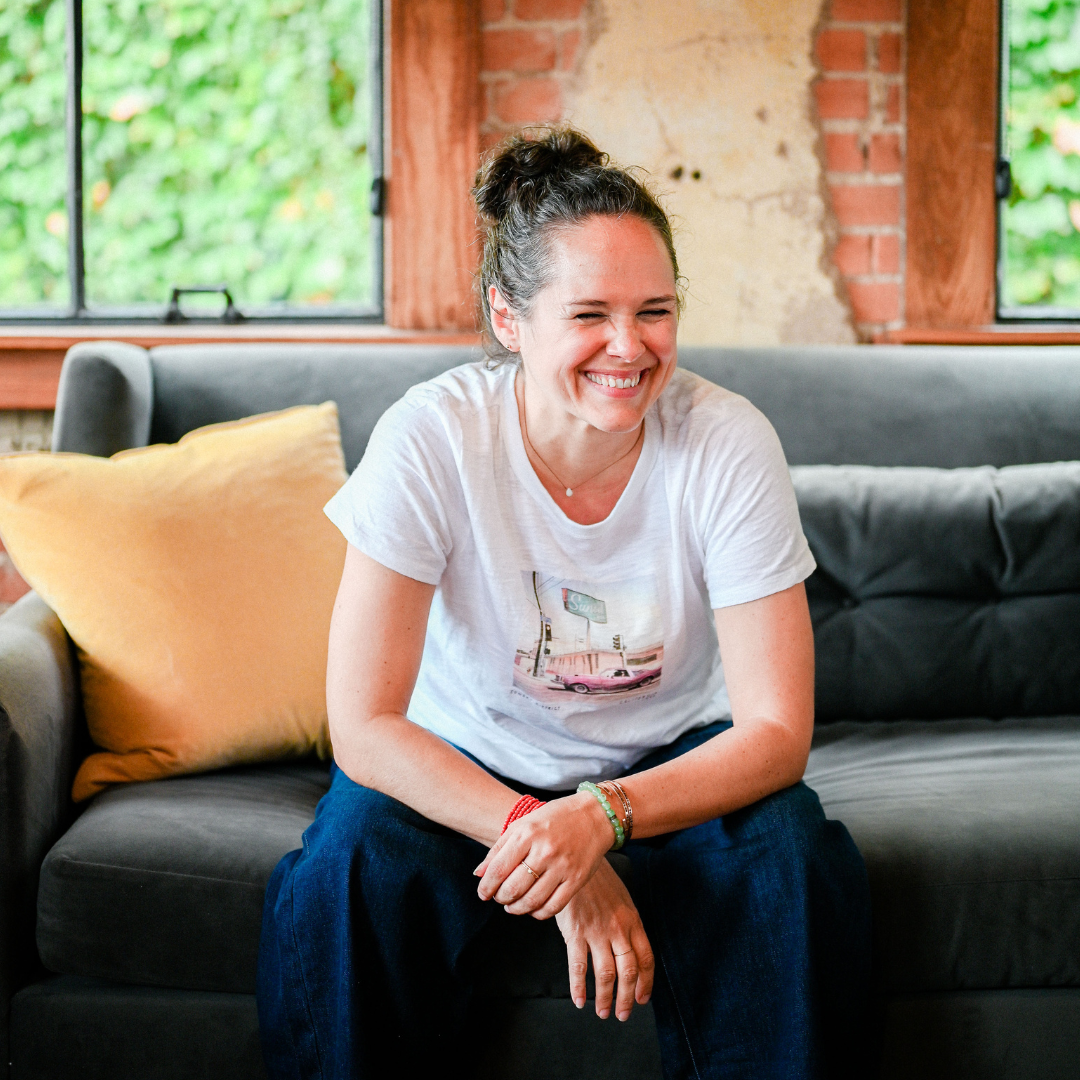The Harsh Truth!
How fair is it to ask people to have confidence in you if you don’t even have confidence in yourself? If you’re reading this because you typed “I need confidence in myself” into the search bar, then you’re in the right place. Today, we’re going to dive into practical strategies that will help you boost your self-confidence in everyday situations. So, buckle up as we embark on this journey to a more confident you.
Why Is Healthy Self-Confidence Important?
Self-confidence is about trusting your ability to handle whatever life throws at you. It’s that feeling of self-assuredness in your own powers and abilities. When you lack confidence, it affects almost every aspect of your life – from your relationships to your career and personal well-being. A lack of confidence can keep you from achieving your dreams and living the life you deserve.
The good news? Self-confidence is something you can build over time, much like a muscle. The more you exercise it, the stronger it becomes. Today, we’re going to go through some exercises to help you strengthen your “confidence muscle.” But first, let’s talk about what happens if you ignore this crucial aspect of yourself.

The Cost of Ignoring Your Confidence Muscle
Ignoring your self-confidence is like ignoring any other muscle in your body. It becomes weaker and less effective. Over time, a lack of confidence can lead to problems in relationships, prevent you from pursuing that promotion, stop you from starting your own business, and negatively impact your overall health and happiness.
I know this all too well. Before I became a coach and an educator, I was a doctor of physical therapy. After a decade in the industry, I felt disconnected from my own values and started to search for a new purpose. I had been doing photography on the side, and it was proving to be a viable career option. But I lacked the confidence to take the leap. I doubted my ability to run a business without formal training, convinced that success required specialized schooling. That’s one of the things I teach people on my 2-Day Intensive coaching.
It was during a heart-to-heart with my very encouraging husband that I finally began to see things differently. He pointed out that I had never taken on anything in life without giving it 110% and achieving success. He had confidence in me when I did not. And guess what? That little seed of belief planted the idea that I could indeed make it work. It reminded me that sometimes, we need to look at the facts of our past successes to build the confidence to move forward.
But here’s the harsh truth: You can’t rely solely on others to believe in you. Confidence can’t be taught; it has to be earned through action and self-reflection. So, let’s get into some strategies to help you earn it.
Strategy #1: Start Small
Building self-confidence begins with small, achievable goals. Each task you complete, no matter how small, gives you a sense of victory and progress. Start with something simple, like organizing your workspace. Clearing your desk can clear your mind, helping you feel more in control.
Try setting small goals every morning. It could be making your bed, preparing a healthy breakfast, or completing a 10-minute workout. The key is consistency. Each completed task builds your confidence, day by day. I challenge my students to do something that challenges them every day. Yes, every day. Confidence is a muscle; if you don’t exercise it, it weakens.
Strategy #2: Practice Positive Self-Talk
The way you talk to yourself can significantly impact your self-confidence. Negative self-talk traps you in a cycle of self-doubt, while positive self-talk empowers you to overcome challenges. Whenever you catch yourself being critical, pause and replace that thought with something positive.
Keep a journal to track these thoughts and their replacements. Over time, you’ll notice how your mindset changes. I like to teach this concept to my kids because the more positive thoughts get solidified in your mind, the stronger they become. Imagine talking to your four-year-old self. Would you be unkind or dismissive? No! You would help, forgive, and move forward. Treat yourself with the same kindness and respect.
Strategy #3: Embrace Failure as a Learning Tool
Failure is often seen as a setback, but confident people view it as a tool for learning and growth. This concept is easy to understand but difficult to practice. Often, limiting beliefs keep us from seeing failure objectively. We fall into the trap of imposter syndrome, where we feel like frauds despite our achievements.
Next time you face a setback, instead of getting discouraged, ask yourself: What can I learn from this? Write down three things you learned and how you can use this knowledge to improve. Keep a record of your wins, big or small, in a journal or an app on your phone. Revisit them whenever you feel discouraged. Remember, a failure is just a bump on your road to success; it does not define you.
Strategy #4: Develop Competency
Confidence often comes from competence. By continually learning and improving your skills, you boost your self-esteem. If public speaking terrifies you, consider joining a local group like Toastmasters. Regular practice in a supportive environment transforms fear into confidence.
Identify one skill you want to improve, and dedicate a little time each day to working on it. Whether it’s learning a new language, cooking better, or improving your networking abilities, daily practice will make a world of difference.
Strategy #5: Visualize Success
Visualization is a powerful technique used by athletes, performers, and business leaders worldwide. It involves imagining yourself achieving your goals and experiencing the feelings that come with success. Before a big meeting or presentation, spend a few minutes visualizing yourself doing well. Picture yourself speaking confidently, engaging your audience, and feeling positive about the outcome.
Make visualization a daily habit, especially before tackling a challenging task. Imagine how confident you feel, the reactions of others, and the pride you feel in your accomplishments. This technique is backed by research and can significantly impact your professional and personal life.
The Bottom Line: Build Your Confidence, Build Your Life
We’ve covered five strategies today to help you build your self-confidence: start small, practice positive self-talk, embrace failure, develop competency, and visualize success. This may not be brand new information for you, but the question is: What are you going to do with it this time around?
Remember, like any skill, confidence builds over time with practice and persistence. Which strategy are you going to try first? Share your experience and progress with me; I’d love to follow along and provide more tips.
Here’s to building more confidence in you!
Get the FREE Confidence Workbook HERE



